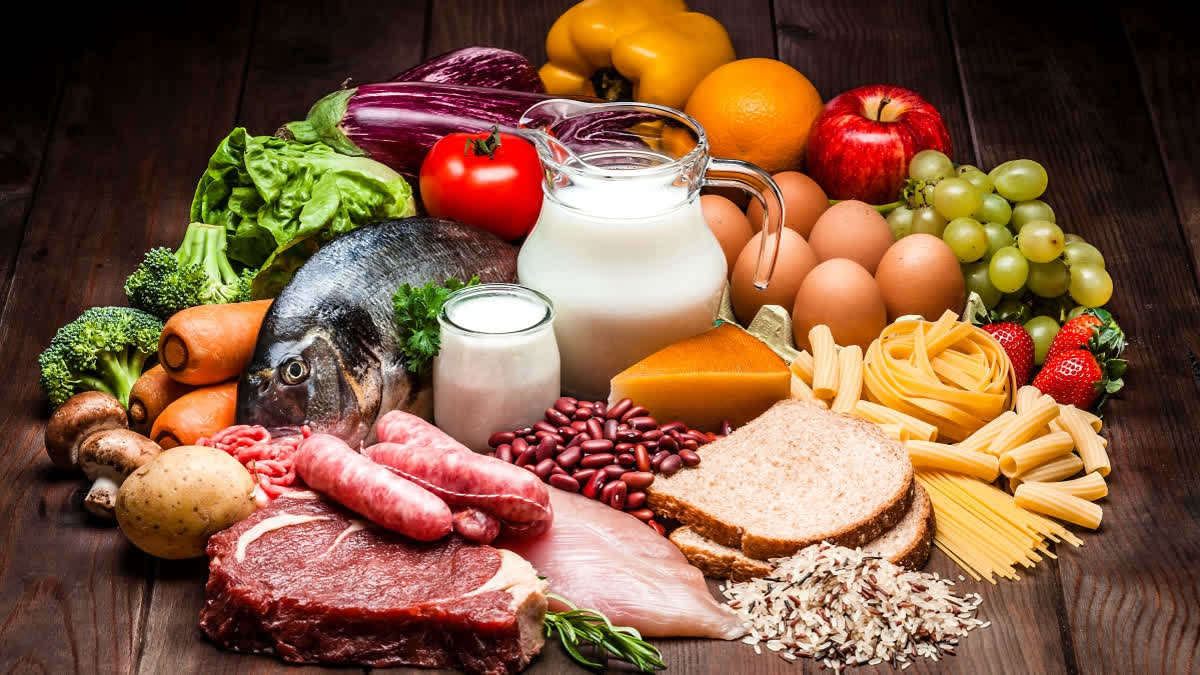Heart health has suddenly become a cause of concern for many. The numbers of people affected everyday with heart issues is significantly increasing in the last few years. Keeping your heart healthy is most important and while we think of reducing fat, sugar, and salt in our diets, we ignore one of the most healthiest nutrients – protein. It plays a significant role in keeping our heart healthy and strong.
"The heart muscle maintenance and repair as heart is a muscle and structural proteins help to keep it strong and efficient enough to pump properly. Collagen and elastin are also structural proteins that ensure flexibility and stability of the heart and it's vessels," says Riya Desai, Senior Dietitian, Wockhardt Hospitals in Mumbai.
Several researches show that consuming adequate amounts of protein, especially from plant-based sources can actually protect our heart and lower the risk of heart related issues. Protein improves good cholesterol levels in the body and reduces blood pressure while also helps in maintain a healthy weight.
How does protein protects your heart?
Protein intake in body repairs tissues, helps build muscles, and produces enzymes and hormones that benefit the body. Certain enzymes involving proteins are very important for energy metabolism of the heart.
"Transport proteins like Apolipoprotein are essential to carry the cholesterol and fat in the bloodstream and hence also helps to reduce risk of atherosclerosis. Certain antioxidant and anti-inflammatory proteins like glutathione peroxidase etc. help to reduce oxidation and inflammation in the body and in turn protects the heart muscle and reduces risk of inflammation," says the dietician.
- Improves cholesterol levels:
If you replace refined carbohydrates with high-protein foods, it helps reduce LDL (bad cholesterol) and increases HDL (good cholesterol). This dynamic is important for heart health. Astudy published in the Journal of Nutrition found that individuals who followed a high-protein diet (about 25% of daily calories from protein) had a reduced risk of heart disease.Another study in the American Heart Association Journal noted that plant-based proteins are associated with lower risk of cardiovascular events.
- Controls blood pressure:
A study published in American Journal of Hypertension noted that people who consume high protein diets experience lower blood pressure levels compared to those with lower protein intake in their daily diet.
- Helps in weight management:
Proteins makes you feel fuller which reduces the temptation to overeating. This supports healthy weight loss or maintain right amount. A balanced weight reduces the risk of heart disease.
- Reduces inflammation:
One in 10 people suffer inflammation in India and chronic inflammation is linked to heart disease. Protein, especially from plant-based sources, is one component in your diet that has anti-inflammatory properties that can help protect your heart.
Best sources of protein:
